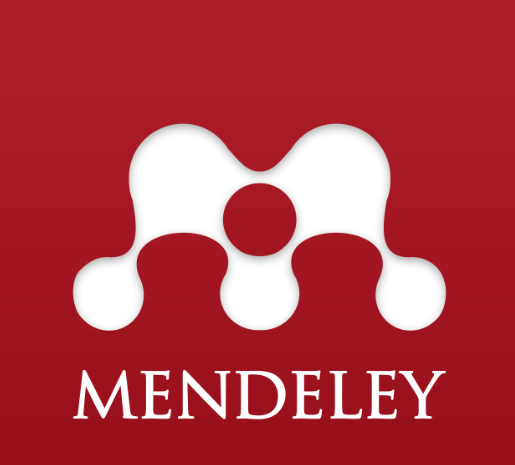Development of Marketing Management Learning Model Based on E-Potofolio in Business Administration Department of Malang State Polythecnic
DOI:
https://doi.org/10.22219/mb.v13i01.29746Keywords:
Management, Marketing, E-Portofolio, E-LearningAbstract
The current lecture approach demands student activity, so that students can build their own knowledge in the learning process. The student center learning (SCL) approach would be more appropriate to the current situation and conditions, where the lecturer acts as a facilitator, mediator and motivator for students in learning because students can learn from various learning sources, such as: textbooks, business experts, the internet, mass media, electronic media or the business environment that surrounds the student's residence. In addition, the assessment of students is also more comprehensive and includes three aspects, namely cognitive, affective and psychomotor. One such learning model is to use the E-Portfolio approach. This is in accordance with the objectives of marketing learning at the Department of Commerce Administration, State Polytechnic of Malang, which was given in semester 1, which emphasized the achievement of the three learning domains, namely: cognitive, affective and psychomotor. The implementation of marketing learning based on E-Portfolio will raise the enthusiasm of lecturers in teaching, because the content and presentation of learning materials involve students actively and go directly to the field. As for students, it will generate attitudes and marketing motivation and be able to understand the focus of the material discussed, because the lecture material is easier to digest because it is based on direct observation and experience in the field. Based on data analyze of research found that research result show E-Portfolio Model can be applied at Marketing Management learning at Commerce Administration, State Polytechnic of Malang.
Downloads
References
Budimansyah, D., 2002, Model Pembelajaran dalam Penilaian E-Portofolio, Bandung: Epsilon Group.
Budimansyah, D., 2003, Model Penilaian Berbasis E-Portofolio(E-PortofolioBased Assessment), Jakarta: Direktorat Jenderal Pendidikan Dasar dan Menengah Departemen Pendidikan Nasional.
Dick, W, L. Carey & J.O. Carey, 1990, The Systematic Design of Instruction, 5th edition, New York: Harper Collin Publisher.
Fajar, Arnie, 2005, E-Portofoliodalam Kuliah IPS, Bandung: Penerbit PT Remaja Rosdakarya
Maskan, Mohammad, 2009, Pengembangan Model Pembelajaran Kewirausahaan Berbasis Portofolio Untuk Meningkatkan Sikap dan Kompetensi Wirausaha Mahasiswa SMK di Kota Malang, Penelitian Disertasi Dikti, Universitas Negeri Malang.
Maskan, Mohammad & Fauzi Ahmad, 2014, Implementasi Model Pembelajaran Pemasaran Berbasis Learning Management System (LMS) di Jurusan Administrasi Niaga Politeknik Negeri Malang, Penelitian Unggulan PT Dikti, Jurusan Administrasi Niaga Politeknik Negeri Malang.
Sugiyono, 2005, Metode Penelitian Administrasi, Alfabeta, Bandung.
Downloads
Published
Issue
Section
License
Copyright (c) 2023 Manajemen Bisnis

This work is licensed under a Creative Commons Attribution 4.0 International License.
Authors who publish with this journal agree to the following terms:
- Authors retain copyright and grant the journal right of first publication with the work simultaneously licensed under a Creative Commons Attribution-ShareAlike 4.0 International License that allows others to share the work with an acknowledgment of the work's authorship and initial publication in this journal.
- Authors are able to enter into separate, additional contractual arrangements for the non-exclusive distribution of the journal's published version of the work (e.g., post it to an institutional repository or publish it in a book), with an acknowledgment of its initial publication in this journal.
- Authors are permitted and encouraged to post their work online (e.g., in institutional repositories or on their website) prior to and during the submission process, as it can lead to productive exchanges, as well as earlier and greater citation of published work (See The Effect of Open Access).

This work is licensed under a Creative Commons Attribution-ShareAlike 4.0 International License.




71.png)





